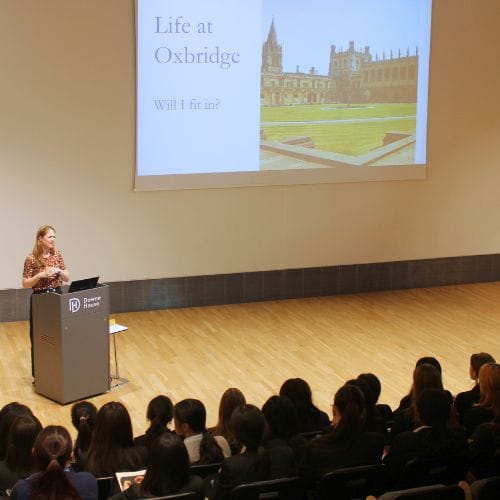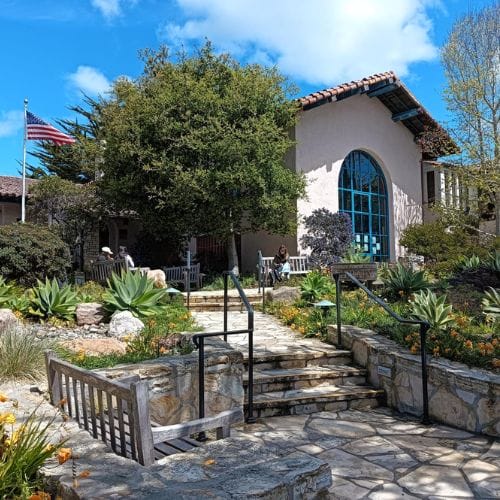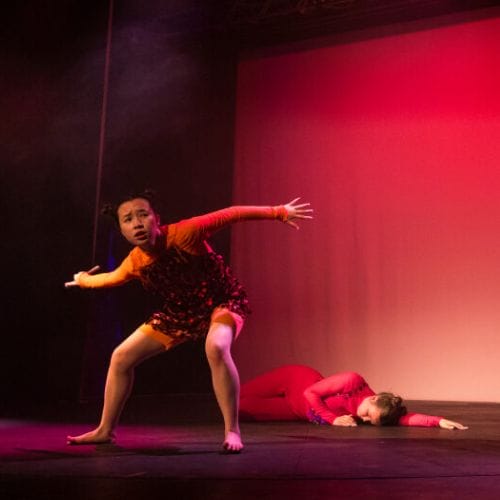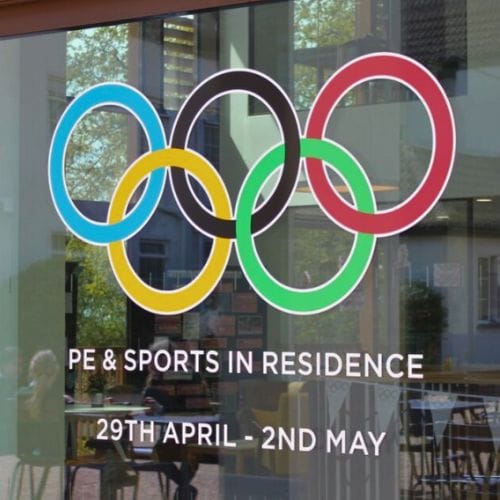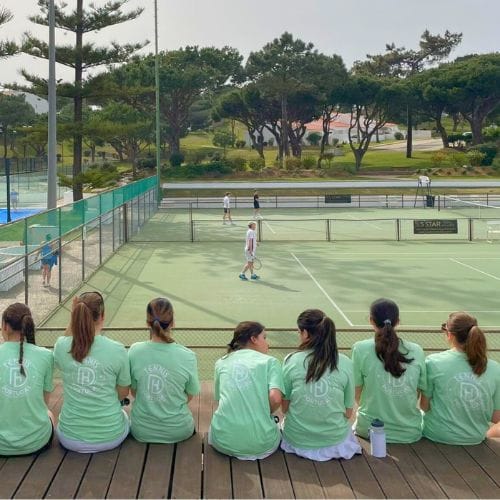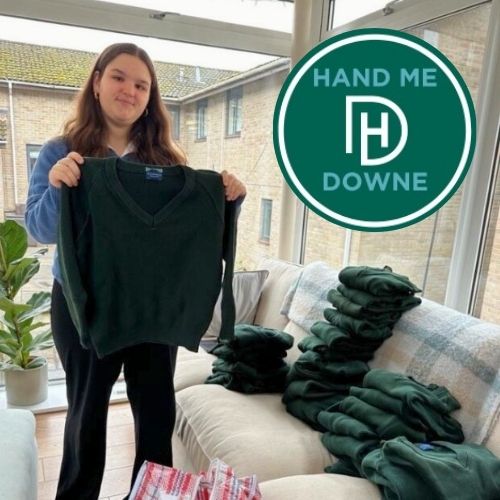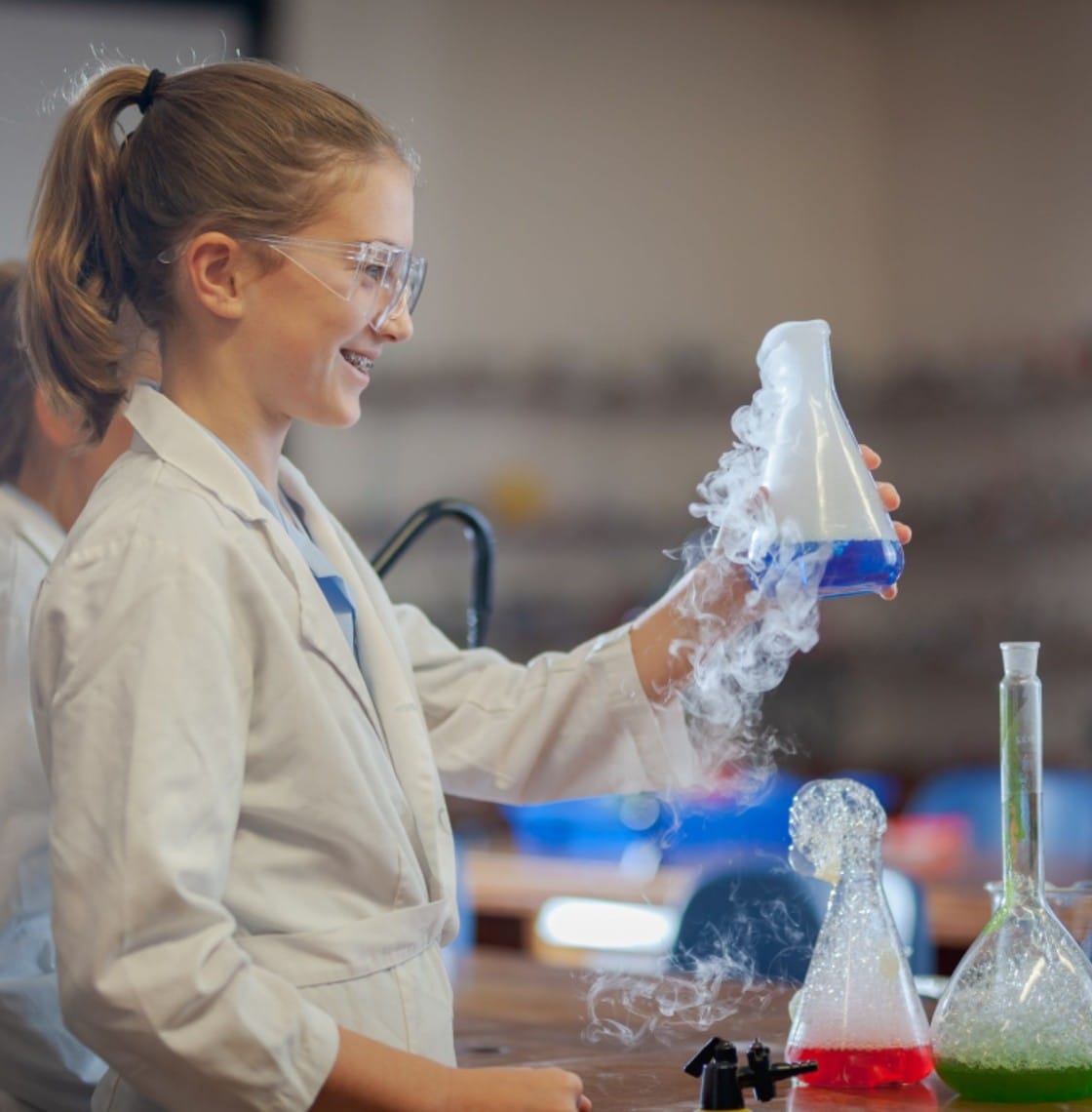



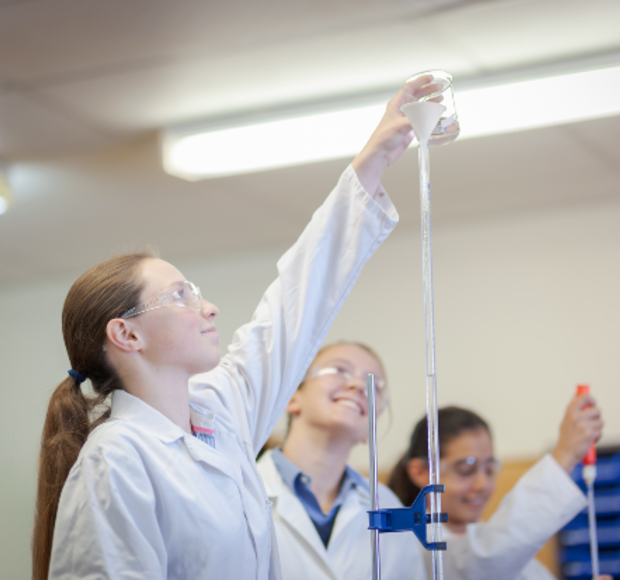
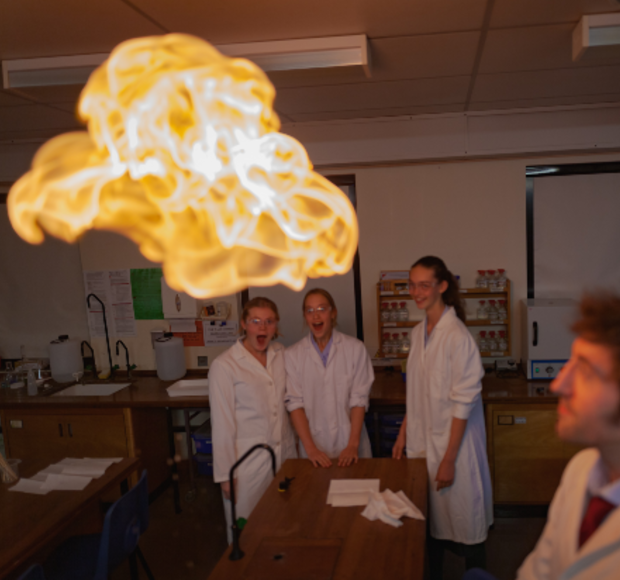
Maths and Sciences (Biology, Chemistry and Physics) are exciting subjects that everyone will study at some point during school. Not to mention there is more to these subjects than simply classroom lessons…
1) Are these really your favourite subjects?
I acknowledge the fact that for quite a number of you, Maths might not be your favourite subject. Not too many people are keen on the idea of spending hours on algebra or geometry. However, Maths, as well as at least two of the three Sciences, are required up until GCSE (three Sciences are always recommended, of course). I sat my GCSEs last year and needless to say, they included Physics, Chemistry, Biology and Maths. And it just so happens that I loved these subjects so much that I am currently studying all four of them at A Level!
2) Are there practical elements to these subjects?
At Downe, I’ve found that the Maths and Science lessons are taught with a great deal of enthusiasm and are often very interactive. A substantial and particularly useful aspect of learning is being able to visualise and test out the theories that we’re taught for ourselves, which is why practicals are included in a large number of the Science lessons. Personally, I’d say Chemistry has the most fun practicals, especially in Lower School due to the wide variety, while Physics experiments are more heavily focused on electricity and circuits. You will also get the chance to perform dissections in Biology.
3) What about practical elements or extra opportunities in Maths?
Although there aren’t any practical lessons in Maths, each year the UK Mathematics Trust Challenge takes place for every year group from Remove to LV. If you are in Set 1 in UV and/or you choose to do Further Maths at A Level, then you’ll also take part in the Senior competition. It’s a one-hour multiple-choice competition that’s sat in School, and the categories are ‘Junior’ (Remove and LIV), ‘Intermediate’ (UIV to UV) and ‘Senior’ (LVI and UVI); and depending on how well you perform, you can receive a gold, silver or bronze certificate. Another opportunity that I would 100% recommend, even if you don’t continue with Maths, is the National Cipher Challenge, which is run annually by the University of Southampton. It’s a really fun experience for anyone, even if you have no prior knowledge in deciphering cryptograms; you can register individually or as a team with your friends.
4) Do you get to go on trips?
In Science subjects, there are lots of trips throughout the years, and opportunities in Upper School to sign up for evening lectures at the Rutherford Appleton Laboratory. There are also STEM days organised by other schools that some of you might be able to attend. When I was in LV, a few of us took part in a STEM conference which consisted of a programme of lectures and workshops ranging from engineering at Dyson to ophthalmology.
5) Why are these subjects your favourite?
Personally, I love studying STEM subjects because they aren’t like essay subjects where marking is subjective to whoever is reading your work; with Sciences and Maths, there is a clear line between right and wrong. The other reason is simply the passion that they are taught with, as it honestly makes the lessons so much more enjoyable, especially at A Level because you’re surrounded by people with similar interests who have chosen to be there as well. Finally, not only are they good for improving analytical and reasoning skills, but they also offer you a wide range of courses to choose from when looking at Higher Education.

Liked what you read?
Tours & Open Mornings
The best way to find out more about Downe House is to experience it for yourself. Book a personal tour or join us at one of our Open Mornings, available throughout the year.
Discover